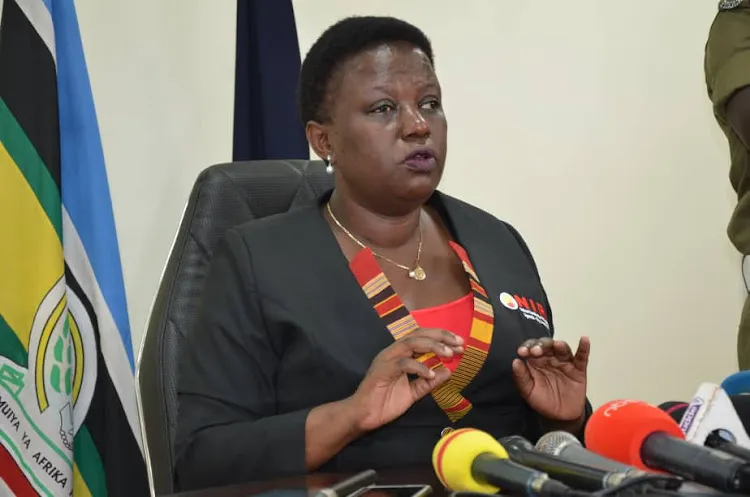As Uganda’s National Identification and Registration Authority (NIRA) gears up for its mass ID registration and renewal initiative, rural residents have raised alarm over the transportation costs and logistical challenges involved in updating or obtaining national identity cards.
The initiative, which is set to begin on May 27, aims to renew over 15.8 million expired national IDs and register an additional 17.2 million citizens ahead of the 2026 general elections.
However, newly announced guidelines stating that changes to personal details on ID cards can only be processed at NIRA district offices and not at local registration points have sparked frustration, especially in remote areas.
“We live far from district offices, and if we need to update something as simple as our name or address, we’ll end up spending money on transport and losing an entire day just to get it done,” said a farmer from Kayunga District.
NIRA Executive Director Rosemary Kisembo defended the policy, explaining that legal requirements and the complexity of handling sensitive data necessitate trained personnel at the district offices. She assured the public that mass registration and renewal would still take place at the parish level, with each of Uganda’s 10,594 parishes hosting a registration kit.
“Every parish will have a minimum of ten registration kits, and areas with higher demand will receive additional resources. We are also involving local leaders to ensure every Ugandan is accurately registered,” Kisembo said.
Despite these assurances, many residents in rural areas remain sceptical, with transport costs for a trip to the district office expected to add to the already high costs of living. The fear is that many may delay or even miss out on updating their IDs, potentially excluding them from the voter roll ahead of the upcoming elections.
Natukunda Patience, a resident from Kabale complained that while authorities say registration is at the parish, one needs to go to the district to replace my lost ID and pay UGX 200,000. How is that fair?”
The registration and renewal process, while crucial for the electoral process, presents a logistical challenge, especially for those in remote locations where transport options may be limited.
As the country prepares for the 2026 elections, Ugandans are now facing a dilemma: the urgent need to ensure their national IDs are updated or renewed versus the financial and time costs required to travel to district offices for any necessary changes.
